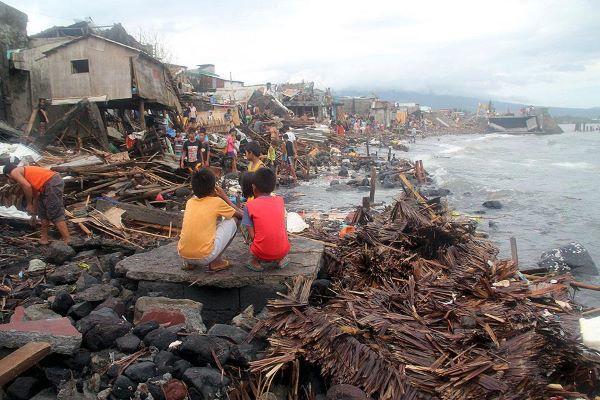Faculty Lead: Vincenzo Bollettino, PhD
Status: Active Program
Regions of Focus: Philippines, Bangladesh, Nepal
Research Theme: Disaster Resilience
Description
HHI’s Program on Resilient Communities uses evidence-based approaches to understand how communities mitigate the impact of disasters. Communities play a central role in disaster preparedness and response, and an understanding of the factors that contribute to or impede their resilience is essential to improving interactions with local civil society organizations, the private sector, national disaster management agencies, and the international humanitarian community.
The program supports local and national capacity for disaster preparedness and response by enabling grassroots organizations to:
• Adopt evidence-based tools and practices
• Enhance leadership skills and approaches
• Promote intellectual exchange across national and disciplinary boundaries
Current Activities
In 2021, the Program on Resilient Communities is engaged in activities designed to better understand the factors that contribute to community resilience to disasters, climate change, and the COVID-19 pandemic. Our core projects include:
- Deployment of a Resilience Scorecard in the context of COVID-19 to gauge community preparedness and needs,
- Research, training, and awareness raising on mental health as a primary component of community resilience. Through our work with coastal communities around the Philippines, mental health emerged as a major concern in the wake of disasters, climate crises, and COVID-19.
- Strengthening the capacity of local actors and building the network of response to disaster to be more inclusive and evidence-based. Convening these actors to share knowledge and amplify needs at a global scale.
- Exploratory work in the Philippines, investigating resilience in areas impacted by both conflict and climate change / environmental degradation and how these dynamics are related to displacement.
- In Nepal, continued engagement and research on exposures to climate change and natural disasters that will lay groundwork for future work in the region.








